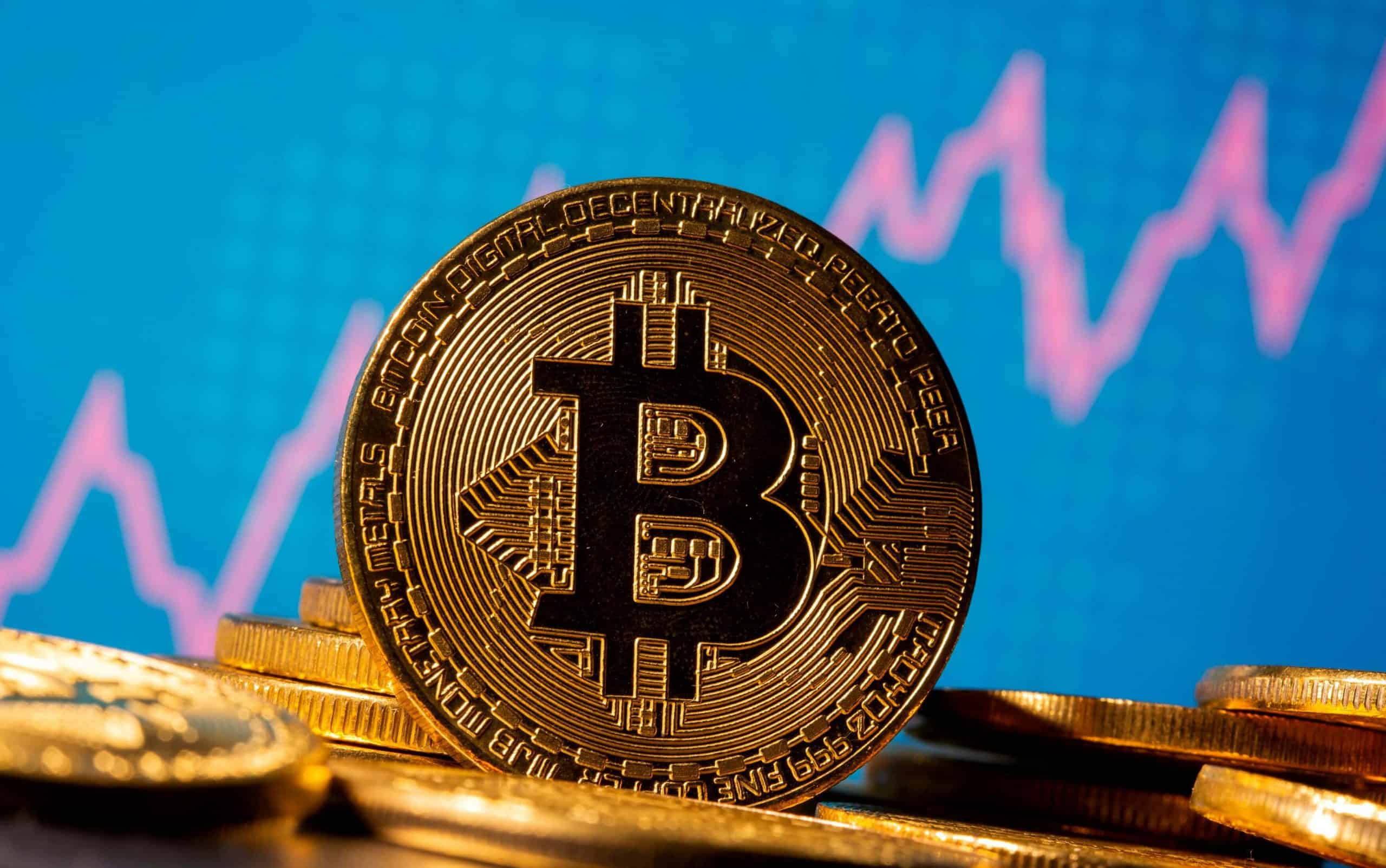The Advantages And Disadvantages Of Buying Bitcoin

Bitcoin is a form of digital currency that can be bought and sold for real money. Bitcoins are instantly available and less expensive than fiat currency. Transactions can be instant and cross-border, without the need for commission fees or paperwork. Another benefit is using them in countries outside of your own. While it’s an excellent alternative to traditional currencies, it has drawbacks.
Less expensive than fiat currency
While gold costs a lot to produce, paper money is far cheaper to create and enter the market. Gold requires mining, transport, molding, and storage, while fiat money is created through paper printing. While paper money is less expensive to produce than gold, the risks associated with fiat currencies are high. For example, the German Weimar Republic experienced hyperinflation after World War I. To avoid extreme cash shortages, many German citizens burned their cash.
Although unbacked fiat money reduces production costs, the actual costs of modern central bank systems eluding the gold standard are still considerably higher than the estimated costs of generic fractional reserve currencies. Moreover, the prices of operating modern major bank systems, including the Federal Reserve System, are much higher than the costs associated with a gold standard with a fixed reserve ratio. So, what makes gold less expensive than fiat currency?
Instantaneous transactions
Buying bitcoin can be a fast and easy process, but you need to register or log in to make the transaction. Once you have registered to a purchase bitcoin page, you can proceed with the transaction. It takes around 10 minutes to complete the transaction. If you’re buying bitcoin for the first time, you may consider registering with a trusted site to ensure that your personal information is protected.
Lack of regulatory oversight
One of the biggest complaints against the cryptocurrency market is the lack of regulatory oversight. Unregulated markets have created many problems for both businesses and consumers in the past. For example, the creation of the US Securities and Exchange Commission grew out of misbehavior by brokers. But with the rise of cryptocurrencies, there are no regulatory oversight mechanisms and many market manipulation cases. Regardless of whether or not the cryptocurrency market is regulated, it remains a risky proposition.
Today, the lack of regulation has made it vulnerable to fraud, manipulation, and abuse. Federal regulators evaluate the industry, but partisanship makes it challenging to reach a consensus. Some believe that misregulation would stifle the industry, undermine the U.S. dollar’s global reserve status, and worsen fraud. Meanwhile, some industry leaders hope to establish new oversight structures to protect consumers.
Low transaction fees
Before buying bitcoin, it’s crucial to understand the exchange’s fees and terms. They may offer the lowest transaction fees. There are exchanges that offer over 60 different cryptocurrencies at competitive fees. These exchanges have their pros and cons, and you’ll want to choose the right one for your situation. Fortunately, there are many options available.
The first thing to understand about Bitcoin fees is their total amount. Transaction fees for buying Bitcoin are typically less than $5. Another essential detail to note is that Bitcoin is decentralized, which means that no single entity controls the network. Another benefit of this currency is that it’s fractional, meaning that a $40 investment in Bitcoin would buy you just 0.1% of a single token. However, this doesn’t mean that buying Bitcoin online is free.
Lack of censorship
A popular argument against Bitcoin is that it is not censorship-resistant. However, this argument does not hold water in practice. There are ways to circumvent censorship in Bitcoin transactions. One way is to use a noncustodial wallet. This type of wallet is designed to ensure that the owner of your bitcoins cannot be censored. This type of wallet is less convenient than a third-party exchange, but Bitcoin die-hards argue it’s worth the trouble. After all, Bitcoin is a way to circumvent authoritarian governments and a free exchange of ideas.